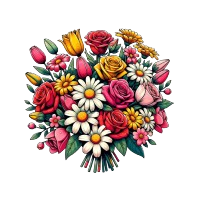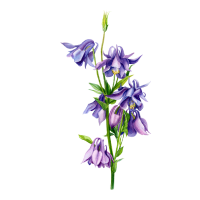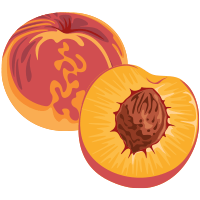Fantastic Cru Beaujolais, where you encounter notes of tea leaves, mulberries, bark, peach, chamomile, and dried flowers in the aroma. Floral and elegant on the palate, yet with depth and intensity, alongside the wine’s inherent freshness, soft tannins, and medium-bodied structure.
93 POINTS
James Suckling
“FLORAL AND ELEGANT, BUT WITH DEPTH AND POWER”
Bark, tea leaves, mulberries, and dried flowers on the nose. Even a touch of chamomile. Floral and elegant, but with depth and power alongside the freshness and medium body.
91 POINTS
Vinous
“INDIVIDUALITY AND CLASS”
It has a lively bouquet with raspberry and wild strawberry fruit, well-defined with light tangerine scents. The palate is nicely balanced with slightly chalky tannins and attractive piquancy on the finish. This is Regnie with individuality and class.
About Julien Sunier
For most young winemakers wanting to establish themselves in Burgundy, Beaujolais has become an extremely attractive region. Not only because the land is considerably cheaper than in Côte d’Or, but also because Beaujolais has started distancing itself from the reputation of thin wines with an unmistakable banana flavor, a legacy from the Nouveau wines of the 1980s and 1990s.
Julien Sunier is one of these young winemakers. He first traveled the world to learn about viticulture in New Zealand and winemaking in California, before returning home to work alongside Nicolas Potel in Nuits-Saint-Georges and Jean Claude Rateau in Beaune. It was with these winemakers that he became passionate about the biodynamic approach.
Julien was hired by Mommessin in Beaujolais, who were looking for a winemaker to improve the quality of the company’s wines. This is exactly what he did for five years, including by carefully selecting suppliers and establishing relationships with some of Beaujolais’ best grape growers.
However, Julien wanted more, and his uncompromising approach to wine inevitably led him to establish his own domaine in 2008.
Julien rented three hectares of perfectly situated land in the Cru areas of Fleurie, Morgon, and Regnie, which he began cultivating extremely traditionally, meaning he maintained the 60-year-old vines, planted at a density of 10,000 vines per hectare (before the tractor era…). From the very beginning, everything was cultivated biodynamically. The grapes are pressed on an old basket press, which provides the gentlest and best press. The must is fermented at low temperatures of 22-23°C, resulting in less color, more delicate tannins, and much more complex wines.
The result is—without modesty, as it’s not necessary—that you get some of the absolute best Gamay in the world, in quantities that unfortunately mean it is only available to a very few.



